Partner Spotlight: Providing Hope and Healing at AtTAcK Addiction
July 9, 2025
In AtTAcK Addiction’s storefront nestled in Glasgow’s Peoples Plaza shopping center, lives are being changed, hope is being restored, and community is being built.
A partner agency of the Food Bank of Delaware, AtTAcK Addiction’s resource center offers more than just essential groceries, they offer dignity, understanding, and a bridge to recovery.
Behind the organization is a history of heartbreak and resilience. AtTAcK Addiction was founded in 2013 by Don and Jeanne Keister after they lost their son Tyler to an overdose. They transformed their grief into action.
“We get folks from all walks of life,” said AtTAcK Addiction Communications Director Jill Fredel. “Sometimes it’s someone coming from an Oxford House who’s heard we have a food pantry. They feel more comfortable walking into a storefront like this, maybe because it’s less intimidating than a larger facility or just closer to home. Word spreads—someone in their house tells them, and they come in, unsure but hopeful. And we say, ‘Yes, we’re here. We’ll help you.’”
Many who come through the doors are in early recovery and haven’t yet had the opportunity to return to work. Their needs are basic and urgent, food, shelter, clothing and hygiene products. For many visitors, basic essentials like laundry detergent are a blessing.
Fredel recalls the story of one man who was thrilled the pantry carried laundry detergent. “He lit up like a Christmas tree,” she explained. “It was like we’d given him gold. It meant he could clean his clothes. That little bit of normalcy means everything when you’re rebuilding your life.”
Not everyone who visits the food pantry is in recovery themselves. Some are family members supporting a loved one in active addiction. Others simply live nearby and need food assistance. And to AtTAcK Addiction, everyone matters equally.
“We don’t ask why someone’s here. We just care that they come,” Jill said. “Food is the entry point, but our real mission is to build trust. Then we ask—what else can we help with?”
Often, those follow-up questions lead to life-saving interventions. Four mothers came into the center, and as paperwork was filled out, one mentioned her son was using heroin. Then another mother echoed the same pain. The pantry work stopped immediately. “Do you have Narcan at home?” Jill asked. The mothers had never heard of it.
Within minutes, they were trained to use Narcan and left with overdose-reversal kits, fentanyl test strips, and resources. One mother hugged Jill through tears, saying, “You gave me hope.”
That’s the spirit of the center.
The broader landscape of addiction in Delaware is changing. Overdose deaths decreased by 36% from 2023 to 2024—the largest drop in over a decade. But the problem isn’t solved, explained Jill. “Just because overdose deaths are down doesn’t mean addiction is,” she noted. “There’s still a high demand for recovery services, and we must meet people where they are.”
AtTAcK Addiction plays a critical role in this ecosystem. The organization owns five recovery residences across the state and recently opened the resource center to serve as a hub for food, support groups, case management, and connection. Recovery housing scholarships help individuals get into Oxford Houses and start fresh with a roof over their heads. They even offer laptops for job searches and bus passes to help visitors get to appointments or interviews.
“We want people to live long, fulfilling lives in recovery,” Jill explained. “Just the other week, a woman came in asking if we were hiring peer support specialists. She’s been in recovery for 11 years and wants to help others. We connected her to a job fair two days later. That’s the kind of impact we aim for.”
Stigma still exists, but it’s fading, thanks to conversations that start in this very building. One guest came in challenging the idea that addiction is a disease. After an open discussion, their perspective shifted. “That’s what we want,” said a volunteer. “We want people to learn, grow, and go out and share that new understanding.”
Recovery is never linear. Families feel the ups and downs deeply. “You think they’re out of the woods,” said Don. “But then, something happens. And you realize how persistent this disease is.”
And yet, there is hope. “Recovery is real, it’s possible, and it’s something to be proud of,” Jill explained.
To learn more about AtTAcK Addiction, click here.



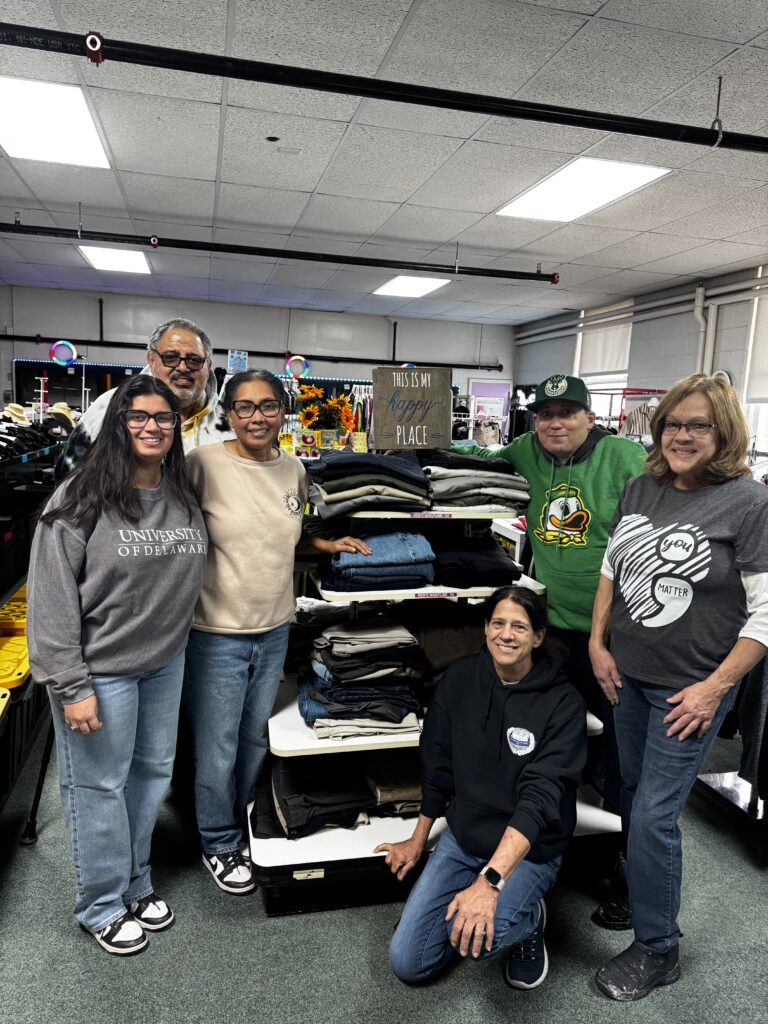
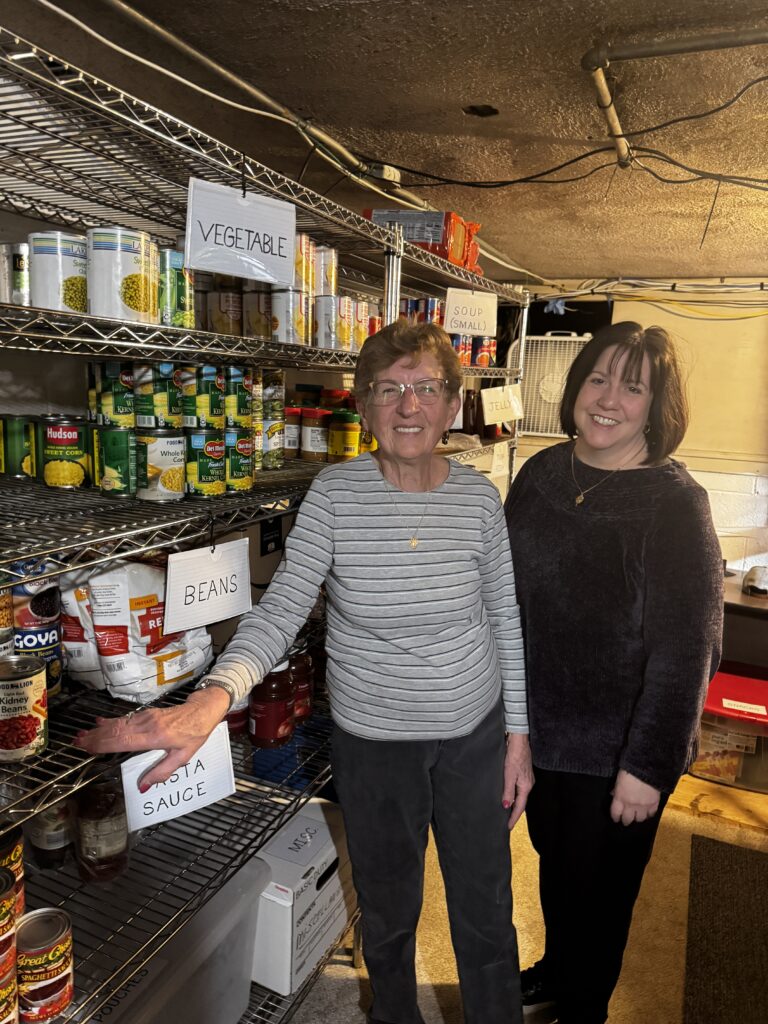
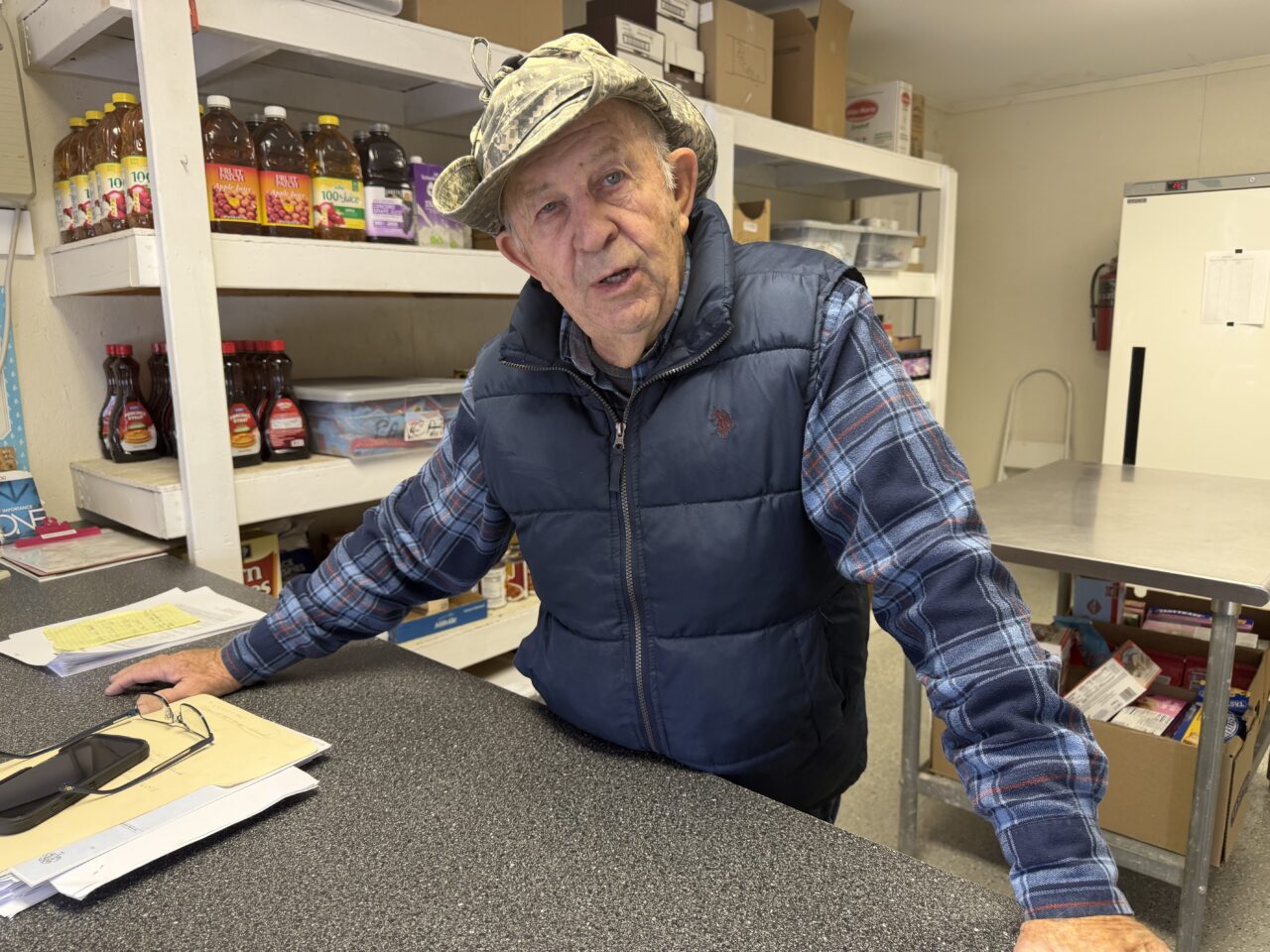
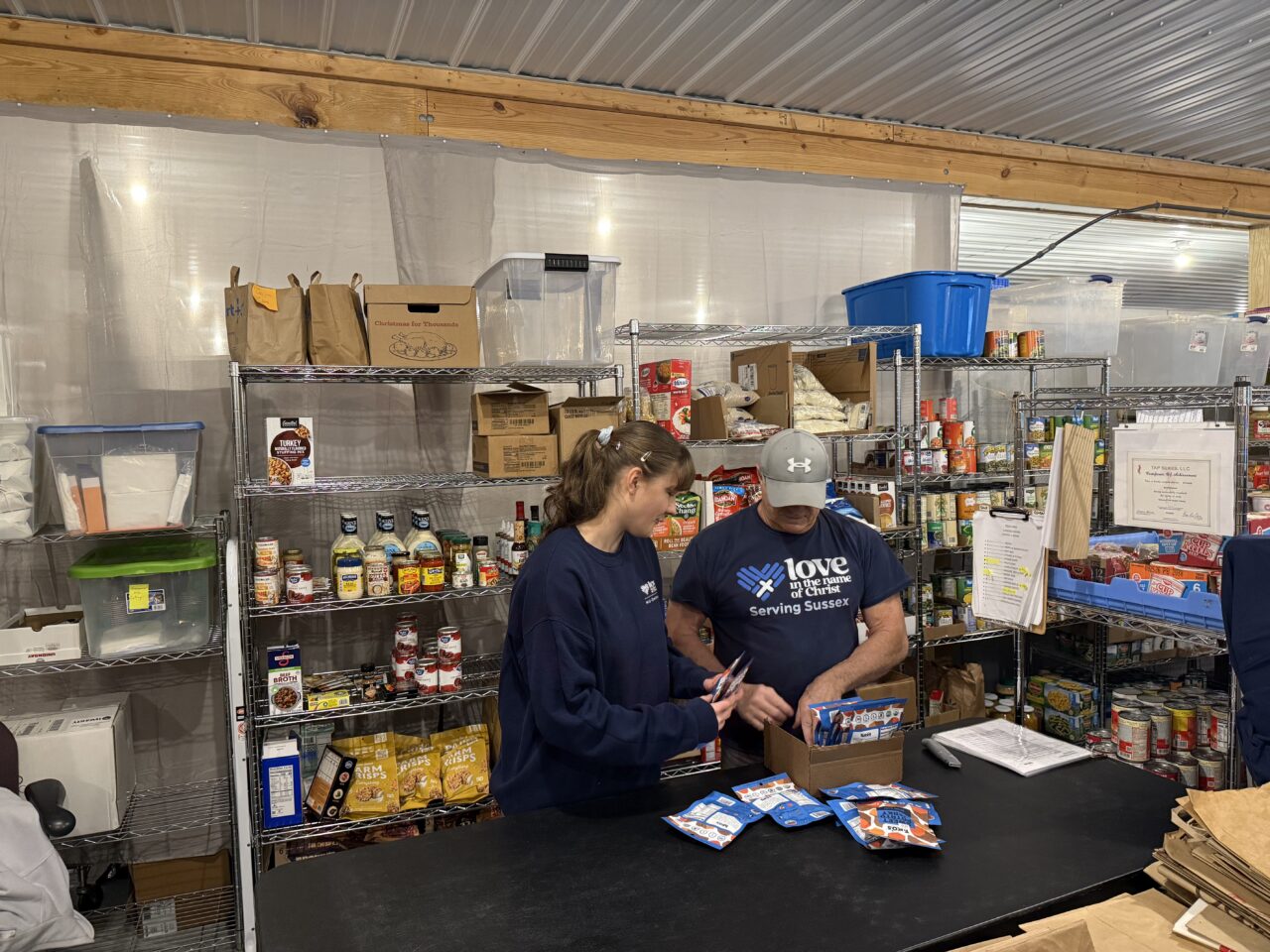
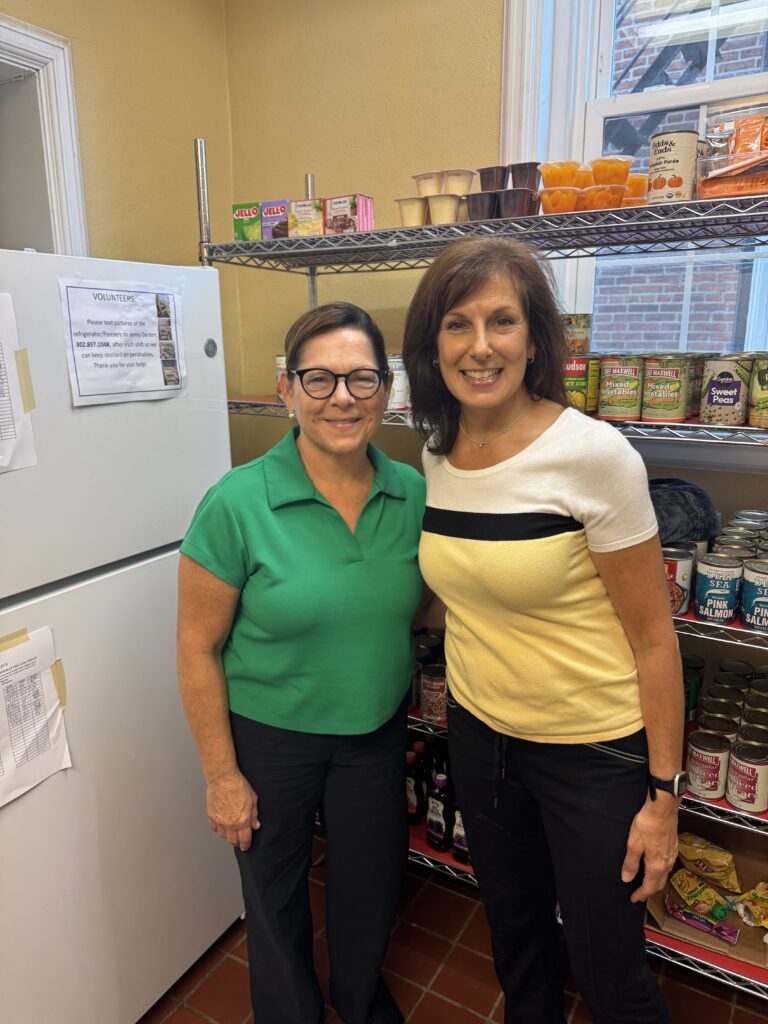
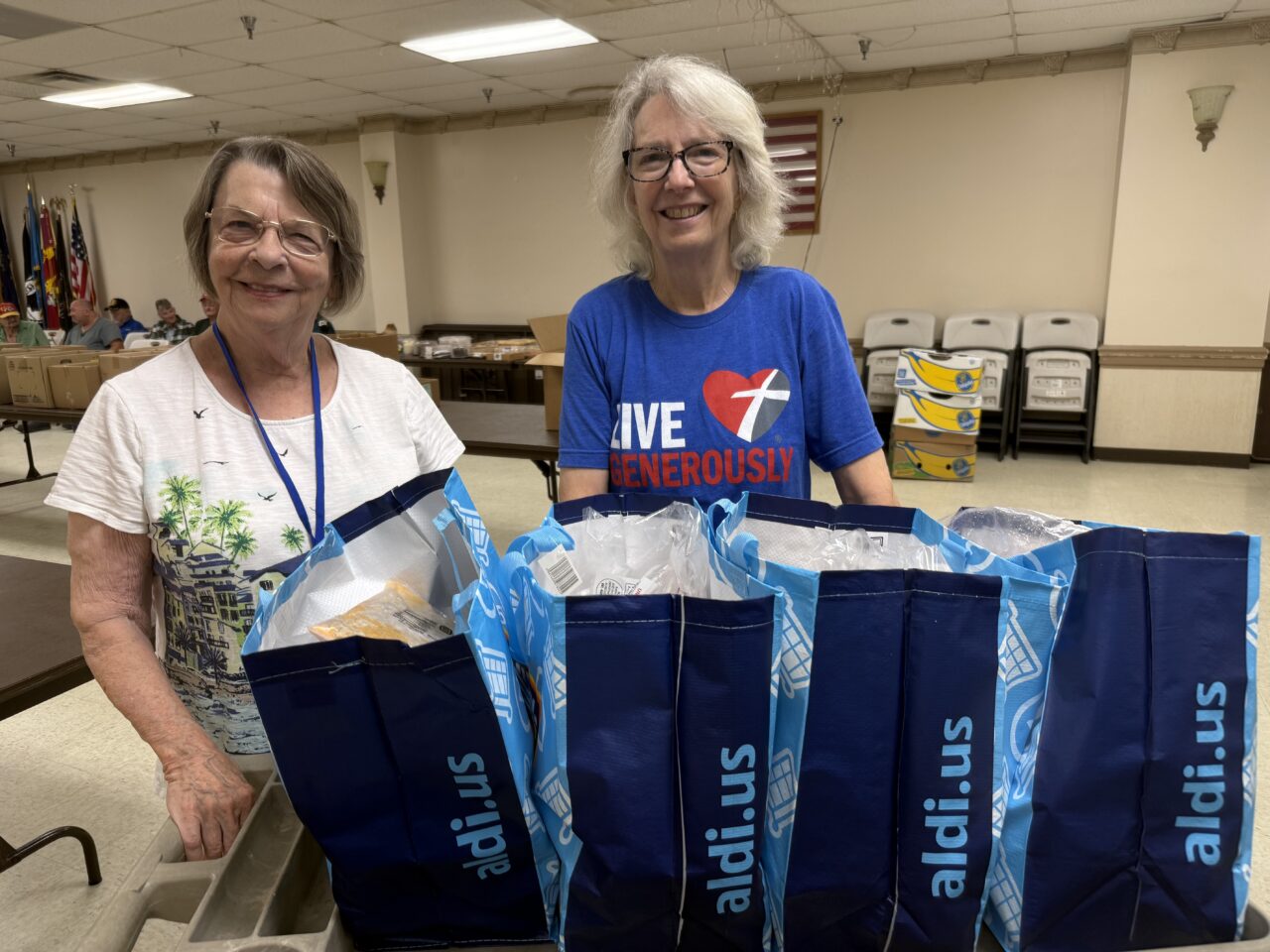


Comments are closed here.